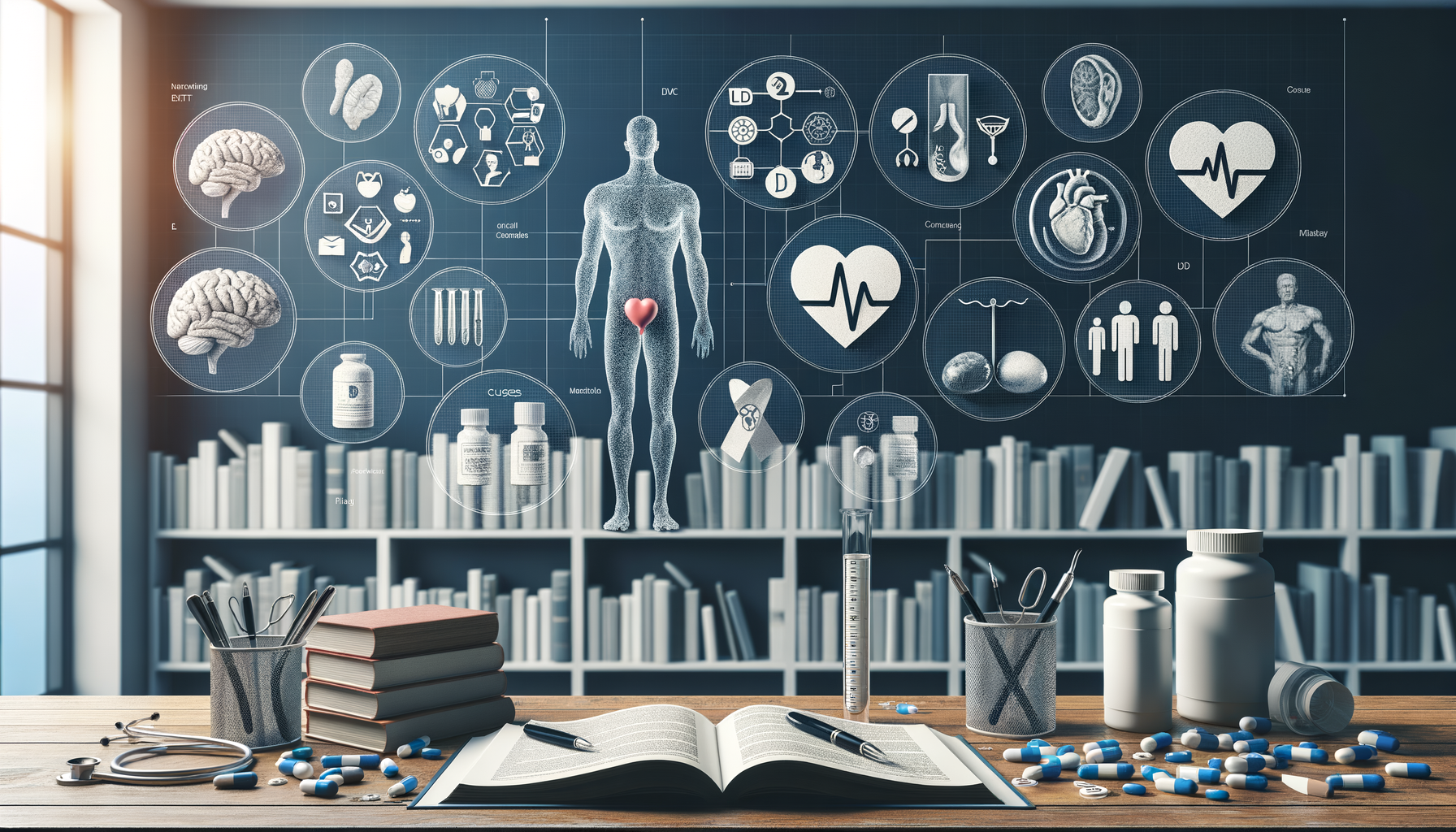Understanding Erectile Dysfunction: Causes, Impacts, and Management
Erectile Dysfunction (ED) is a common condition affecting many men, with significant implications for physical and emotional health.

Introduction to Erectile Dysfunction
Erectile Dysfunction, commonly referred to as ED, is a prevalent condition that affects a significant number of men worldwide. It is characterized by the inability to achieve or maintain an erection sufficient for satisfactory sexual performance. Understanding ED is crucial because it not only impacts physical health but also mental and emotional well-being. The condition can arise from various factors, including physical health issues, psychological conditions, or a combination of both.
ED is more than just a physical issue; it can affect relationships and self-esteem, leading to a cycle of anxiety and stress that exacerbates the problem. Addressing ED involves understanding its causes, the available treatments, and the lifestyle changes that can aid in its management.
Causes of Erectile Dysfunction
The causes of Erectile Dysfunction are multifaceted and can be broadly categorized into physical and psychological factors. Physical causes often include conditions such as diabetes, heart disease, high blood pressure, and obesity. These conditions affect blood flow and nerve function, which are critical for achieving an erection.
Psychological causes are equally significant. Stress, anxiety, depression, and relationship problems can all contribute to ED. Sometimes, psychological issues can lead to a vicious cycle where anxiety about sexual performance leads to ED, which in turn increases anxiety.
Other contributing factors include lifestyle choices such as smoking, excessive alcohol consumption, and lack of physical activity. Certain medications can also lead to ED as a side effect. Understanding these causes is essential for proper diagnosis and treatment.
Impact of Erectile Dysfunction on Quality of Life
Erectile Dysfunction can have a profound impact on a man’s quality of life. It often leads to stress and anxiety, which can further exacerbate the condition. The emotional toll can extend beyond the individual, affecting intimate relationships and causing strain between partners.
Men with ED may experience a decrease in self-esteem and confidence, leading to social withdrawal and depression. The stigma associated with ED can make it difficult for men to seek help, perpetuating the cycle of distress.
Addressing the psychological impact of ED is as important as treating the physical symptoms. Counseling and therapy can be beneficial in helping men and their partners cope with the emotional aspects of ED.
Treatment Options for Erectile Dysfunction
Treatment for Erectile Dysfunction varies depending on the underlying cause. For many men, lifestyle changes such as improving diet, increasing physical activity, and quitting smoking can significantly improve symptoms. These changes can enhance overall health and improve blood flow, which is crucial for erectile function.
Medications are also a common treatment option. Phosphodiesterase inhibitors are often prescribed and have been shown to be effective for many men. However, these medications may not be suitable for everyone, particularly those with certain health conditions or those taking specific medications.
In some cases, psychological therapy may be recommended, especially when stress, anxiety, or depression are contributing factors. Couples therapy can also be beneficial in addressing relationship issues that may be impacting sexual health.
Lifestyle Changes and Prevention
Prevention and management of Erectile Dysfunction can often be achieved through lifestyle changes. Regular exercise is beneficial not only for overall health but also for improving blood circulation, which is essential for erectile function. Maintaining a healthy diet can also help manage weight and reduce the risk of conditions like diabetes and heart disease, which are linked to ED.
Reducing alcohol consumption and quitting smoking are important steps, as both can negatively impact erectile function. Additionally, managing stress through relaxation techniques, such as yoga or meditation, can help alleviate psychological factors contributing to ED.
Regular medical check-ups are also crucial in identifying and managing underlying health issues that may lead to ED. By taking proactive steps, men can significantly reduce their risk of developing ED and improve their overall quality of life.